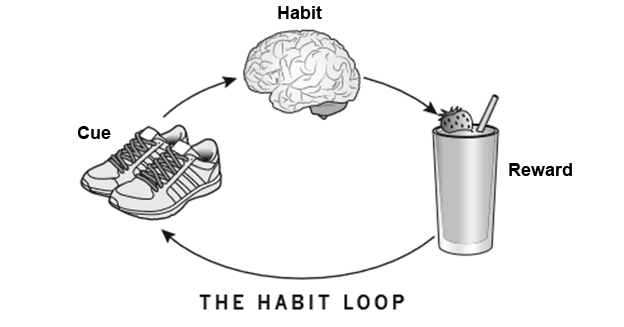by Sir John Hargrave
Guest post for "Apple Seeds"ģ
"Your thoughts become your actions,
Your actions become your habits,
Your habits become your destiny."
ó Mahatma GandhiIt is not easy to throw expensive liquor into a dumpster.
Nine years ago, my drinking had reached bottom. I was determined to get sober, and I knew I had to get rid of all the alcohol in my house. Now I was behind my local supermarket, tossing bottle after bottle of liquor into a dumpster.
It was probably the most difficult thing Iíve ever done, because my mind was screaming at me to stop. Think of all the good times weíve had with this alcohol! it told me. The parties! The friendships! The drunken trips to the zoo!
Somehow, I threw it all away. But staying sober, I found out over the next few weeks, was even more difficult. It required changing dozens of habits: not just the drinking habit, but the thought habits that led to the drinking.
The great psychologist William James once said, "All our life is but a mass of habits." If youíve ever tried to get rid of a bad habit (drinking, eating junk food) or start a new one (exercise, meditation), you know how difficult it can be. Our brains are hardwired for habits.
In his excellent book The Power of Habit, Pulitzer Prize-winning journalist Charles Duhigg shares the latest research on how we form new habits (and escape old ones). Our habits are typically preceded by a "cue," and reinforced with a "reward."
The "cue" for my drinking was a mental voice that said, Letís drink! The "reward" was the feeling that followed. What I learned was that you can form new habits by using this same structure.
For example, if you want to exercise more frequently, put on your workout clothes as soon as you get out of bed this morning. Wearing the clothes will act as a cue Ė a reminder Ė that you need to hit the gym.
Similarly, consistently give yourself a reward every time you complete the habit: a post-workout smoothie, for example. Withhold the reward on the days you donít complete the habit, as if you were training a dog.
What I found was that each positive habit gave me a little bit of "energy" that I could invest in even better habits. For example, when I wasnít hung over, I could exercise in the morning. This gave me more physical energy, so I could do a better job at work.
Eventually, this led to improvements in my work habits: reducing procrastination, focusing on the big projects first. With each new habit in place, my self-esteem boosted a bit more, which gave me even more positive mental energy.
As my physical and mental habits improved, so did my spiritual habits. I began meditating regularly, and leading meditation groups. Soon I was being asked to speak and to preach. I wrote a book, recently published by Simon & Schuster, which is helping readers around the world.
"The journey of a thousand miles," said Lao Tzu, "begins with a single step." My first step was throwing French wine into a dumpster. Your first step in changing your habits may also be difficult, but Iím confident you can take it.
Take the step.
Sir John Hargrave,
author of Mind Hacking: How to Change Your Mind for Good in 21 Days,
now available on Amazon.com.


